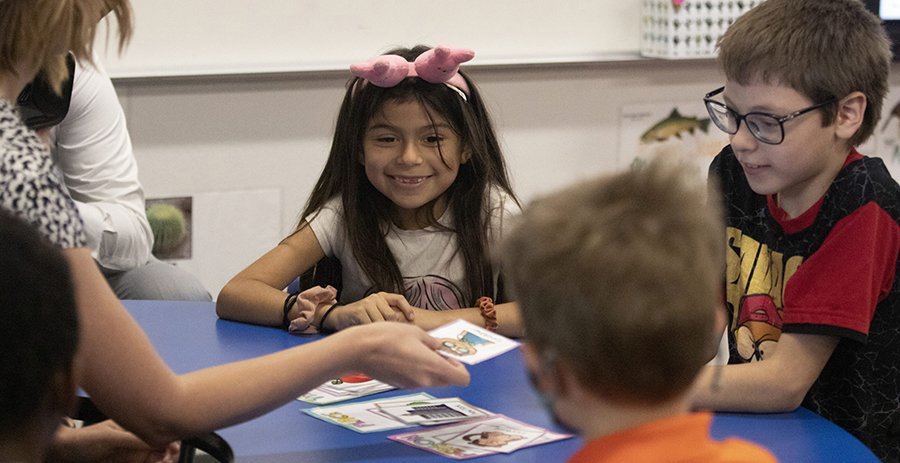Arizona Department of Education
Arizona’s Leaders Face Urgent Call to Revive Our Schools

In Arizona, despite notable efforts by dedicated educators, the educational landscape remains concerning. While some schools boast exceptional teachers fostering high student achievement, systemic issues persist. The Arizona Department of Education (ADE) has introduced modern academic standards, but policymakers have struggled to respond effectively to a growing crisis around school funding and educational quality.
A recent report in the September 2024 edition of The Arizona Republic revealed that Arizona’s education system ranks near the bottom nationwide, stirring alarm among stakeholders.
The introduction of the Empowerment Scholarship Account (ESA) initiative by the ADE in 2022 marked a pivotal turn in Arizona’s educational funding strategy. This program allows students to use state-funded vouchers for schools of their choice, leading to a surge in participation.
However, this program has had unintended consequences. Thousands of students have opted to leave public schools in favor of charter or private institutions. The result has been a significant decline in public school funding, leading to the closure of over 20 schools—a troubling development for the state’s educational ecosystem.
A 2023 report from the Grand Canyon Institute conveyed that the ESA program is projected to impose a $700 million burden on Arizona’s General Fund in 2024. Amid financial strains, the ongoing debate over the voucher system continues to unfold, with various officials expressing concerns about its sustainability.
Despite these challenges, a focus on improving literacy could provide a pathway to better educational outcomes. Reading proficiency is crucial for overall academic success, as emphasized by former U.S. Secretary of Education Bill Bennett in his book, “The Educated Child.” His assertion that children unable to read proficiently by third grade are less likely to graduate highlights a critical area for intervention.
Consistent findings reveal that reading is foundational for student success. The National Assessment of Educational Progress (NAEP) serves as a benchmark for state and national academic progress, but Arizona’s latest NAEP results suggest a troubling trend: the state ranked sixth from the bottom in reading scores for fourth graders.
To address these issues, Arizona enacted a legislative mandate requiring teachers of grades 1 through 5 to complete a “Science of Reading” endorsement. While this aligns with best practices seen in other states, the state still lags behind national averages in literacy rates.
Contributing to the dilemma are regressive tax laws that disproportionately affect low to middle-income families, who bear a larger tax burden than wealthier households. Such economic disparities further disadvantage students, particularly those from lower socioeconomic backgrounds.
According to the Arizona Department of Revenue, the state’s corporate tax rate has dropped from 7% to 4.9%, compounding funding challenges for public education. With federal education funding potentially decreasing, Arizona faces an urgent need to bolster state and local resources.
The push for quality education is universal among parents, educators, and policymakers. A strong educational system not only benefits students but also enhances Arizona’s attractiveness to businesses and families alike. Stakeholders are urged to advocate for a reassessment of the school voucher program, aiming for adjustments that will mitigate fiscal losses.
As preparations for the 2025 state budget commence, adopting a collaborative approach to develop sustainable strategies is imperative for the future of Arizona’s children.
William David Nichols, Ed.D., is an experienced educator and advocate with a history as a consulting educator, author, and school board member across various institutions.

















